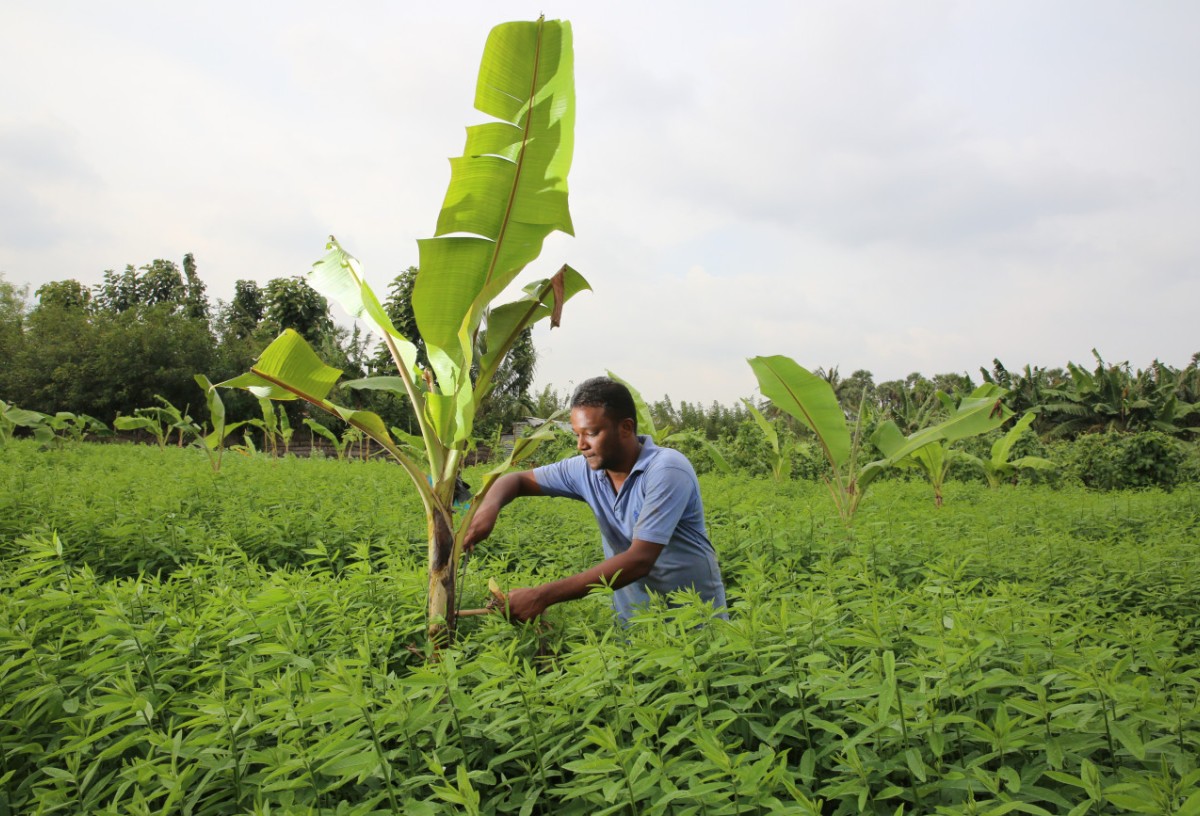The study, conducted in collaboration with the Samuel Hall think tank and the University of Sussex, analyses the outcomes of reintegration in three fieldwork countries - Guinea, Morocco, and Senegal - combined with data analyses from 14 additional countries.
Spotlight
During this event, the ORION project team will highlight the key outcomes and lessons learned from the project. This will be done through interventions by several people who were directly involved in the project, including one of the mentors and a returnee who...
The webinar presented the findings of the first Knowledge Bite as part of the Sustainable Reintegration Knowledge Bites Series developed and published by the EU-IOM Knowledge Management Hub (KMH).
The webinar introduced the innovative practice of Virtual Counselling, a project implemented by IOM and funded by the German Federal Office for Migration and Refugees, allowing migrants living in Germany to contact IOM staff via social media and online...
The Sustainable Reintegration Knowledge Bites Series aims to present findings pertaining to sustainable reintegration outcomes emerging from analyses based on the Reintegration Sustainability Survey (RSS) data and other related monitoring and evaluation (M&E)...
This webinar presented the findings of a qualitative and quantitative study commissioned by IOM in the context of the ORION project funded by the UK Department for International Development, and conducted by Samuel Hall and the University of Sussex (UK).
The webinar introduced the innovative practice of PPMMs, a programme monitoring and evaluation tool aimed to strengthen feedback and accountability mechanisms while fostering local ownership.
The French version consolidates the Platform as a global tool for information and knowledge by reaching out to a larger audience around the globe and ensuring more inclusiveness.
The webinar introduced innovative practices of environmentally sustainable reintegration and their positive impact on both climate change adaptation as well as returnees’ reintegration in their countries of origin.
The guidance document aims to encourage reflection and initiatives to better understand opportunities and challenges associated with the inclusion of environmental dimensions into reintegration programmes.










